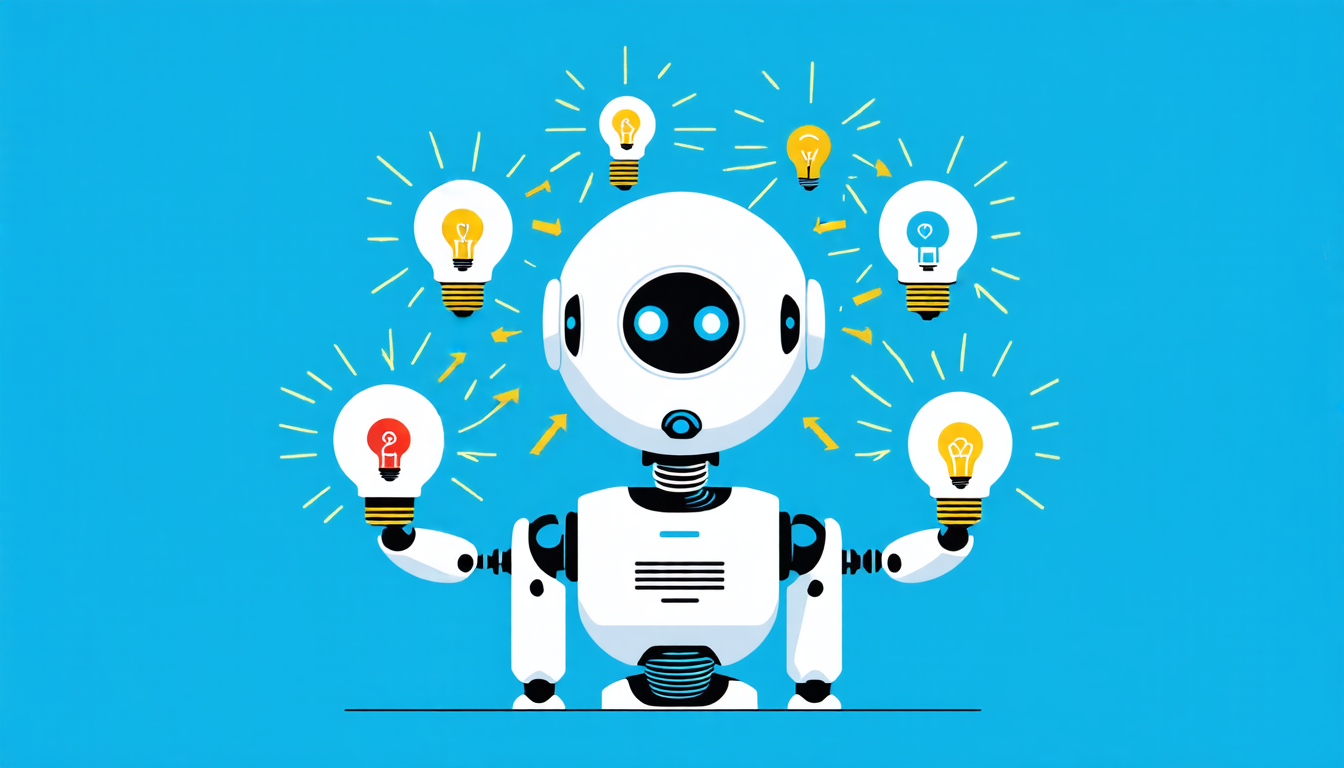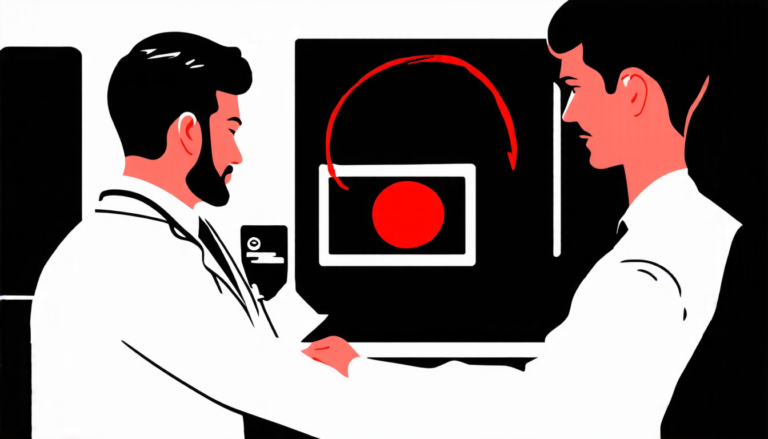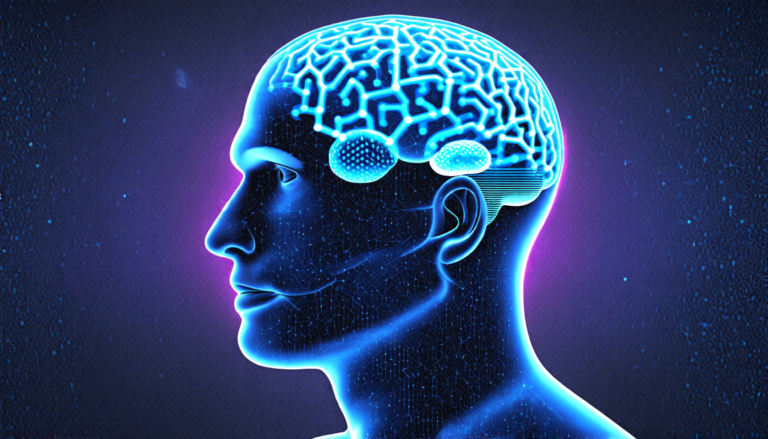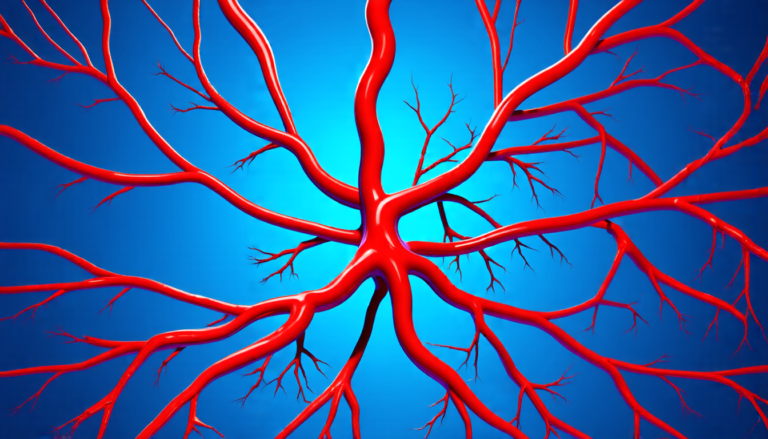Friday 28 March 2025
The quest for a smarter way to retrieve information from vast databases has led researchers to develop a novel approach that combines active self-reflection and knowledge graph reasoning. This innovative framework, known as Active Self-Reflection (ARG), enables machines to engage in a more deliberate and efficient process of learning from their mistakes.
Traditionally, artificial intelligence models rely on large language models (LLMs) or retrievers to make binary judgments about the use of knowledge. However, this approach is too coarse, leaving room for improvement. ARG addresses this limitation by introducing a set of reflection tokens that allow machines to actively determine whether knowledge retrieval is necessary, perform reflective critique based on retrieved knowledge, and iteratively reason over the knowledge graph.
The framework consists of four types of reflection tokens: Retrieval Token, Relevance Token, Rationality Token, and Utility Token. The Retrieval Token indicates whether additional information is required to answer a question, while the Relevance Token evaluates the contribution of each relationship in the knowledge graph to answering the query. The Rationality Token assesses the coherence of the reasoning path, and the Utility Token rates the usefulness of the output.
To demonstrate the effectiveness of ARG, researchers tested it on three benchmark datasets: WebQSP, CWQ, and a custom dataset. The results showed that ARG outperformed existing baseline methods in terms of accuracy and efficiency.
One notable aspect of ARG is its ability to recognize when a reasoning path becomes unreasonable or irrelevant. This feature allows the model to stop exploring unnecessary branches and redirect its attention to more promising avenues. This capability not only saves computational resources but also enables the model to provide more accurate and relevant answers.
The potential applications of ARG are vast, ranging from natural language processing to expert systems. In the field of question-answering, for instance, ARG can be used to develop more sophisticated AI-powered chatbots that can engage in informed conversations with users. In healthcare, ARG can aid in the development of diagnostic tools that can accurately identify diseases and recommend personalized treatments.
As researchers continue to refine and expand the capabilities of ARG, it is clear that this innovative framework has the potential to revolutionize the way machines interact with knowledge graphs and answer complex questions. By incorporating active self-reflection and iterative reasoning, ARG offers a more intelligent and efficient approach to information retrieval, paving the way for significant breakthroughs in various fields.
Cite this article: “Active Self-Reflection: A Novel Approach to Efficient Information Retrieval from Knowledge Graphs”, The Science Archive, 2025.
Active Self-Reflection, Knowledge Graph Reasoning, Artificial Intelligence, Machine Learning, Natural Language Processing, Expert Systems, Question Answering, Chatbots, Diagnostic Tools, Information Retrieval







